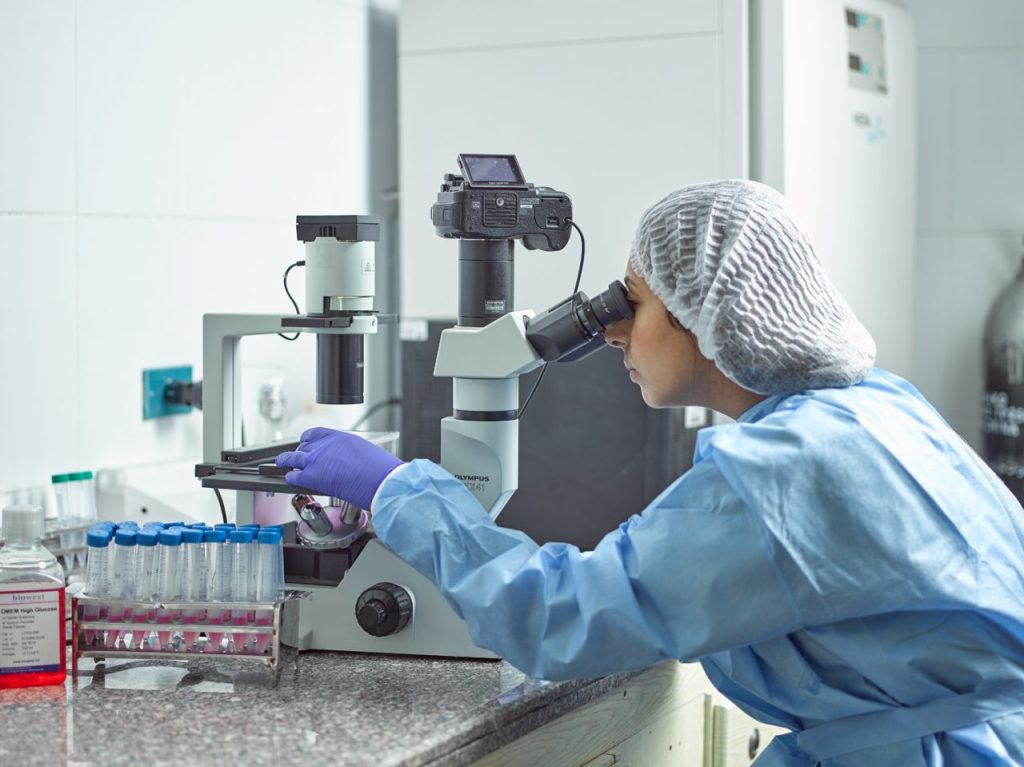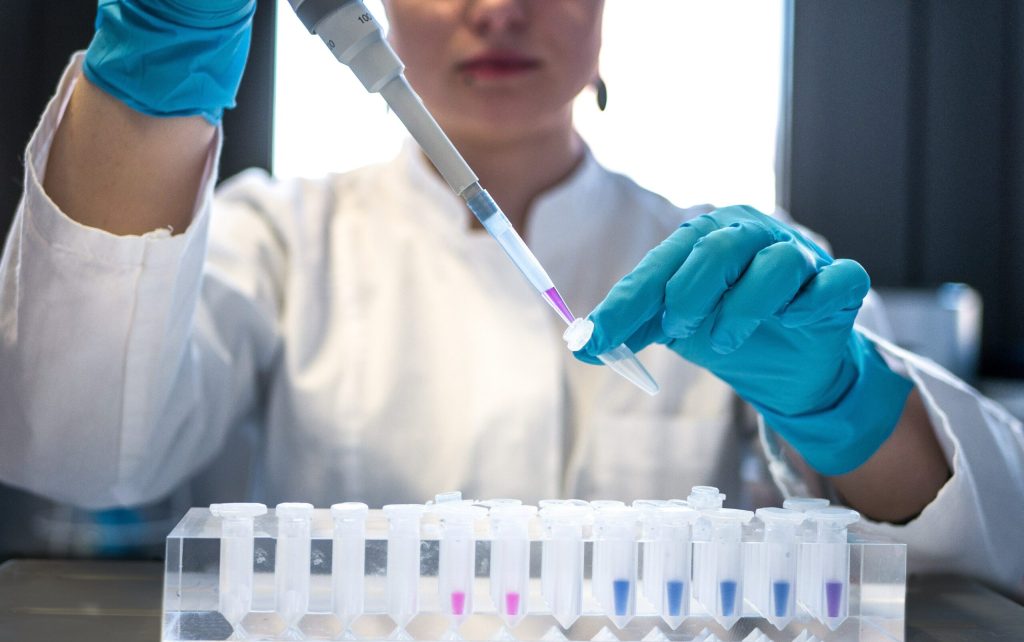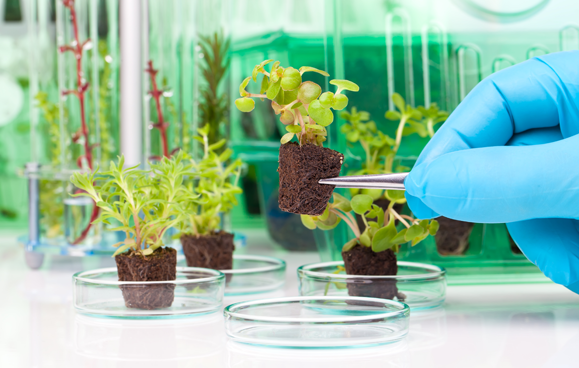The PhD in Biotechnology is intended to train professionals in research in all fields of biotechnology. It is a domain of applied biology that uses living organisms and bioprocesses to produce products in order to gratify human needs.
The world of medicine and technology is constantly evolving. The world of medicine as well as technology makes our way of living top-notch, and it also helps improve our quality of life. Many of you must have heard the term ‘biotechnology.’ Many students often opt for biotechnology as their field of career.
There is a huge scope for biotechnology as well as the demand is trending upward. Biotechnology is a combination of technology and biology which tends to improve the way of life. Biotechnology refers to the cellular as well as biomolecular processes that involve animal and human organisms to create products and technologies.

Biotechnology refers to various techniques and technologies used in the bio-industrial production or bio-genetic controlled processes involving vegetal, animal or human organisms. Genetic manipulation is the most common form of using living organisms and bimolecular processes for the creation or modification of the physical properties of various types of products.
Examples of biotech products or practices include antibiotics, biofuels and genetically modified foods. An important medical application of biotechnology includes genetic processes that lead to organ regeneration.
Biotechnology contributes to developments in areas like agriculture, food production and security, climate control and medicine. Biotechnology can also help with solving some of the most pressing environmental issues, like oil spills, pesticide side effects or polluted water, contributing to the health of the natural environment.
Biotechnology degrees include blended curricula with a mixture of lectures in Biology, Chemistry and Mathematics, combined with laboratory work, computer applications and research and even ethical case studies. Biotechnology degrees provide solid grounding in biochemistry, molecular biology, genomic, bioinformatics, drug design and development, nanotechnology or innovation management, as well as in-depth IT skills.
Biotechnology graduates develop careers in a wide range of fields such as the chemical, pharmaceutical, food and environmental industries, in genetics and regenerative medicine, in process control, or in research and development. Example roles include bio-informatician, biophysicist, quality control analyst, biomedical engineer, pharmaceutical sales representative, or crime lab technician.

Eligibility Criteria for PhD Biotechnology
Criteria for PhD Biotechnology is 18 of Education, MS/M Phil or Equivalent degree from HEC recognized university with minimum 3.00/4.00 CGPA in semester system or 60% marks in Annual system. All the applicants having MS/MPhil or Equivalent degree (18 Years Education) may be given waiver in coursework as per HEC policy. A Graduate Record Examination (GRE) test administered by the Education Testing Service, or a graduate admission test administered by the Education Testing Council, or an equivalent TUF test developed by TUF is mandatory to pass. For the interview, the applicant shall also be required to submit a ‘Statement of Purpose’.
Phd Biotechnology Subjects
PhD Biotechnology is a Doctorate course in Biotechnology which generally takes 3-5 years to complete. In this course, students would have to study subjects like Research Methodology, Scientific Communication, Recent Trends in Biotechnology, etc. Read more here!

